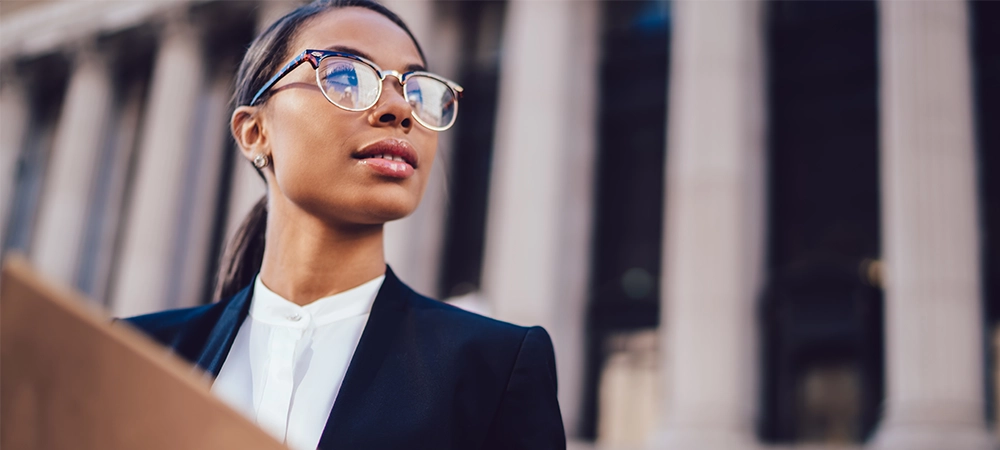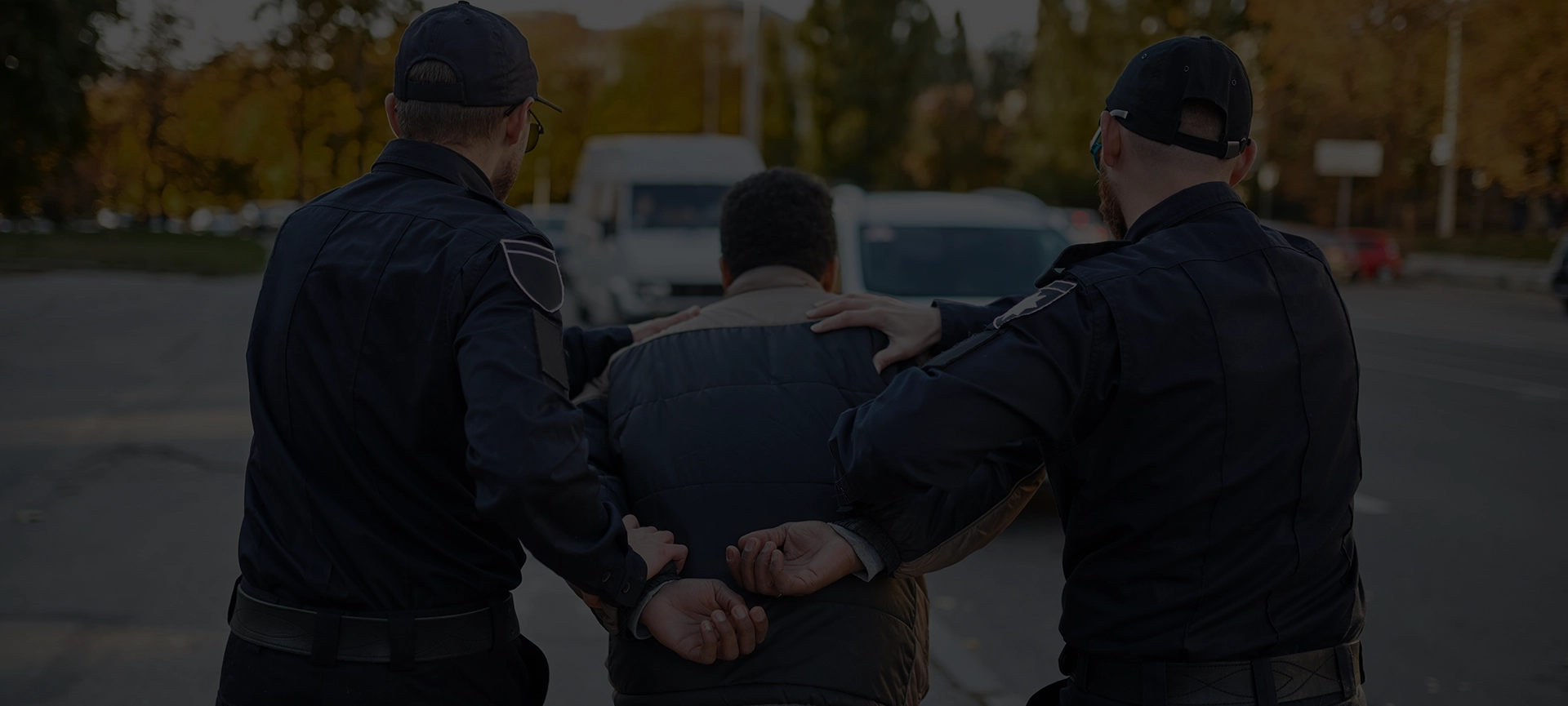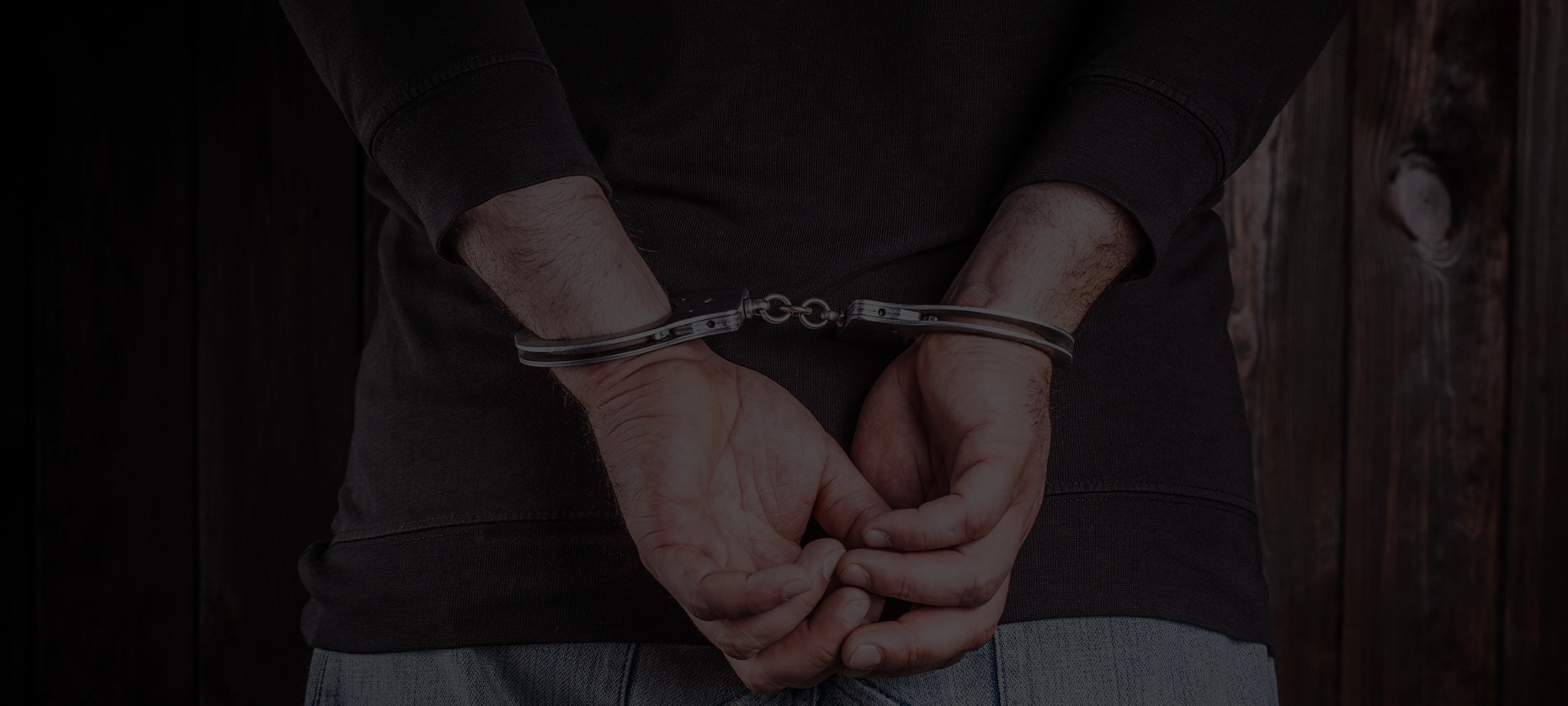What to Do If You Are Arrested in Ottawa
Here we’ll go through the whole process of what you need to do when you’re arrested from beginning to end.
What to Say to the Police in Ottawa?
When the police charge you with a crime and handcuff you, remain calm. Listen to what the arresting officers tell you, as they must inform you of the reasons for your arrest and reasonably search you.
Only ask questions (politely) if you are confused about the grounds for the arrest or if you feel your rights have been violated.
Otherwise, exercise your right granted by the Canadian Charter of Rights and Freedom; remain silent, as you may say something that will negatively impact your case further down the road.
What Happens After Your Arrest?
After your arrest, you’ll be taken to a police station, processed, and either held until a bail hearing or released to wait for a court date. By this time, the police should also inform you about your right to have legal representation. At this point you may be wondering how to get legal representation in Ottawa, so we’ll talk you through that.
If you want to contact a lawyer, ask the officers for a phone call. They must grant you several calls if necessary until you can adequately speak with your lawyer.
If you can’t afford an attorney, the police should tell you about your right to legal services which you can have free of charge through Legal Aid. Ask the police for the local Legal Aid number and call it to learn if you qualify for legal assistance.
If you qualify, you have two options. One is to contact a Legal Aid duty counsel and ask for advice on your rights, how to find evidence supporting your defence, and how to move forward with your case. Alternatively, you can hire a criminal lawyer after arrest in Ottawa, and Legal Aid will cover your expenses.
Either way, let officers know whether you’re hiring a lawyer, require free legal assistance, or want to represent yourself. If you choose the first or second option, ask your legal representative to provide the court proof of your legal status. If you’re representing yourself, you must notify the court whether you want to plead guilty or have a trial before a judge or judge and jury.
Talking to Your Lawyer/Duty Counsel
Once you ask for a lawyer and you establish contact, the police must cease questioning you until you can confer with your lawyer in private. Ask them to affirm what information you’re legally required to provide to the police.
For example, providing false identification and other personal data might be considered obstruction of police, which is a chargeable offence. Therefore, you should also reveal this information to the police.
After speaking to your lawyer, the police may continue to question you. However, you do not have to answer these questions, unless they pertain to your identity.

Your Rights When Arrested in Ottawa
Besides the right to remain silent, which allows you to choose what information you want to reveal or evidence you want to give (you can give anything that supports your case), and the ones discussed above, you have several other rights after being arrested in Ottawa.
For example, you have the right to have the bail hearing within 24 hours of your arrest. If you’re held until a bail hearing, the Crown must provide the court with an official justification of why they think you shouldn’t be released.
Throughout the process, you’ll be presumed innocent and you don’t have to worry about proving otherwise. You have, however, the right to defend yourself as the Crown’s attorney will try to prove you’re guilty beyond a reasonable doubt. They have the duty to ascertain in front of a judge or jury that you’re guilty.
You also have the right to access all the information they have against you so you can defend yourself. Ask your lawyer/duty counsel to help you obtain all the information the prosecution might use against you.
By your first court appearance, you should be handed a disclosure package containing all this information. If you think there are additional items that aren’t included, ask for those as well.
During your first court appearance, you have the right to ask for more time for your legal counsellor to review your case. If this is your first time speaking to your lawyer/duty counsel in person after your arrest, take your time to go over the disclosure information.
Final Thoughts
According to the Canadian Charter of Rights and Freedoms, every person arrested in Ottawa has the right to know why they’re being arrested and to seek legal counsel as soon as possible.
If you find yourself in this tricky situation, you’ll also have the right to remain silent and discuss your case with an attorney before you make an official statement to the police.
You can hire your own lawyer or tell the police officers you wish to exercise your right to free legal services through Legal Aid. If you’ve been arrested and are looking for legal representation, then AGP LLP can help. Call our expert team today and we’ll be more than happy to look at your case.





